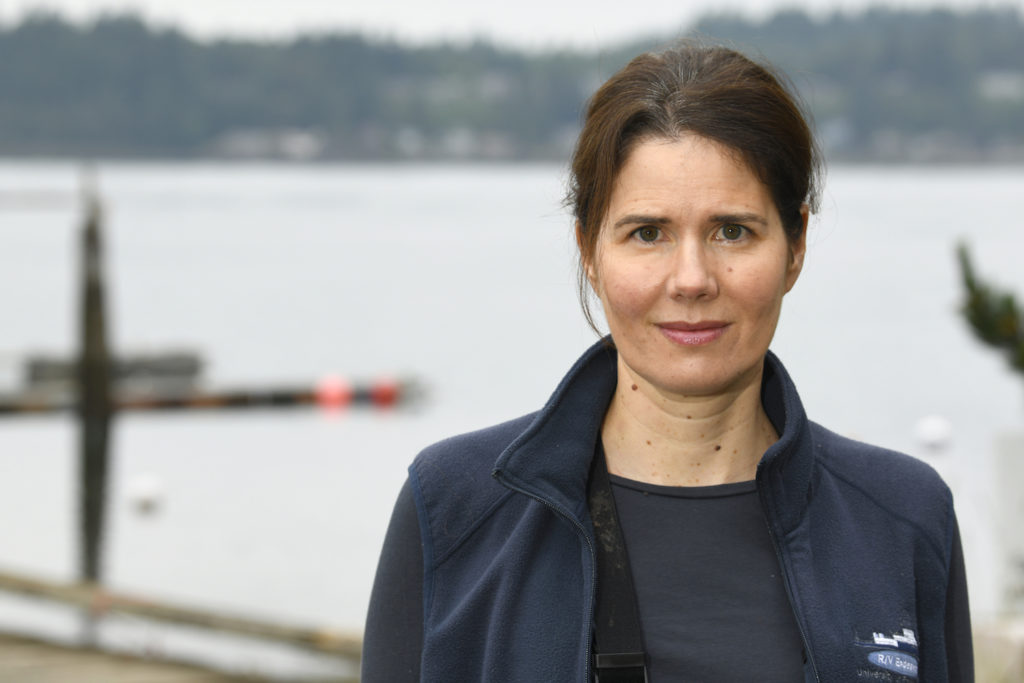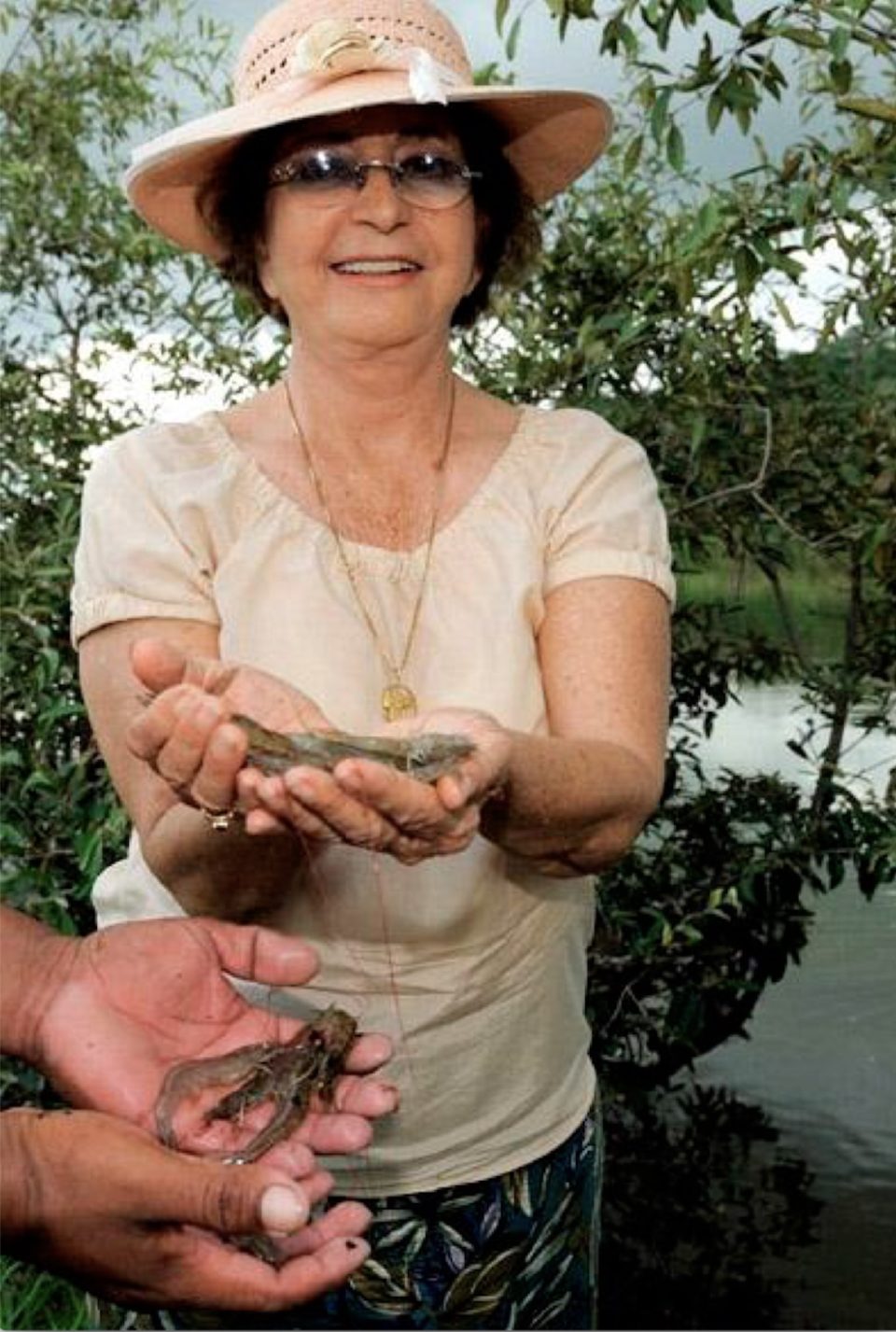Q&A with Kristine Beran of University of Rhode Island

Editor’s note: This year, the Global Aquaculture Alliance will spotlight various members dedicated to GAA’s mission of responsible aquaculture. Membership starts at only $50 for individuals and $5,000 for businesses. Start utilizing our extensive benefits. Featured this month is Kristine Beran, research associate at the University of Rhode Island.
Tell us a little bit about your background.
I am a fisher-farmer and I love to learn. I grew up fishing in Alaska, and later learned to farm shrimp in Ecuador. I’ve worked along the entire aquaculture production chain; from commercial processing to commodity sales and marketing. I recently completed a Ph.D. in marine affairs with a focus on supply chain innovations in small-scale fisheries.
Why did you join GAA?
I joined because I appreciate GAA’s commitment to supporting and applying the best available science to aquaculture challenges – that’s what creates opportunities and leads to better outcomes for the industry. As a member, I get to continue my education online with GAA.
What solutions does responsible aquaculture provide?
I have seen firsthand how responsible aquaculture contributes to local food security; millions of people across Africa and Asia depend on aquaculture to supply affordable, accessible seafood to eat and for income. Responsible aquaculture is also vital to support increasing demand for seafood, globally. With continued dedication to advocacy, education and leadership around the world, I am confident we’ll find solutions.

One of my most influential teachers was a woman named Flor María Dueñas, who is the first female shrimp farmer in Ecuador. From her, I learned that innovation and adding value is essential and a continuing process. Flor María began farming shrimp commercially in 1975 and at 86 she continues to improve her techniques and marketing strategies – she’s an inspiration!
What three words that best describe the future of the industry?
Zero waste, technology and gender.
Where is the most interesting place you’ve traveled to?
Lake Volta, Ghana. It’s the largest man-made lake in Africa and I learned that fish – primarily tilapia – is widely consumed in this agricultural region, which is close to the Sahel and Sahara deserts! Here, fish consumption is largely driven due to the health benefits derived.



